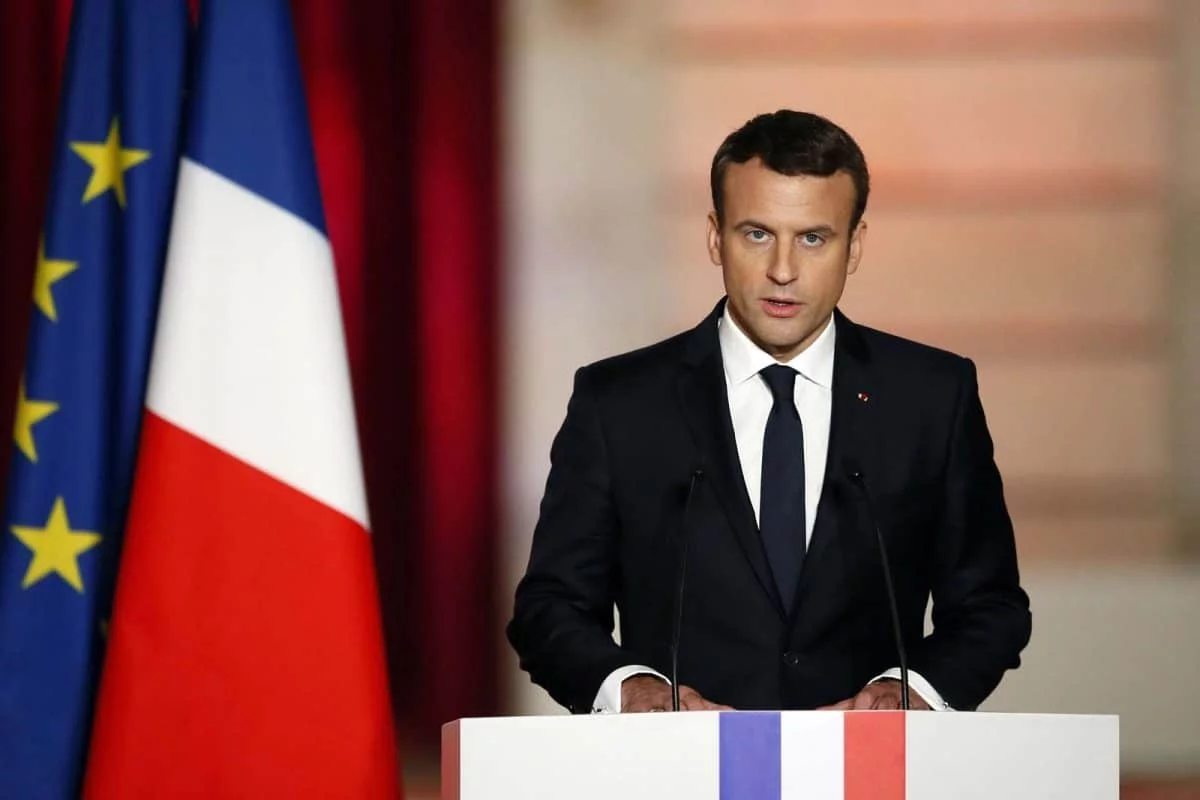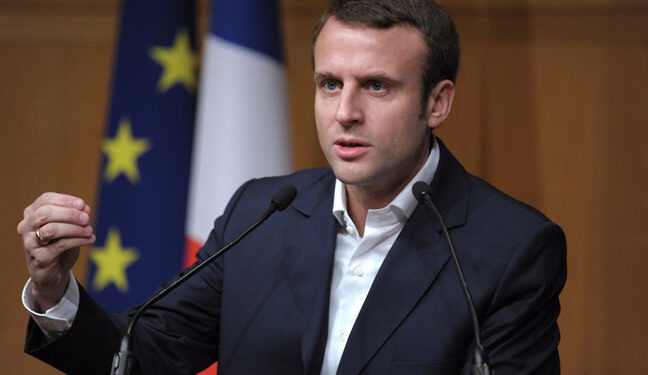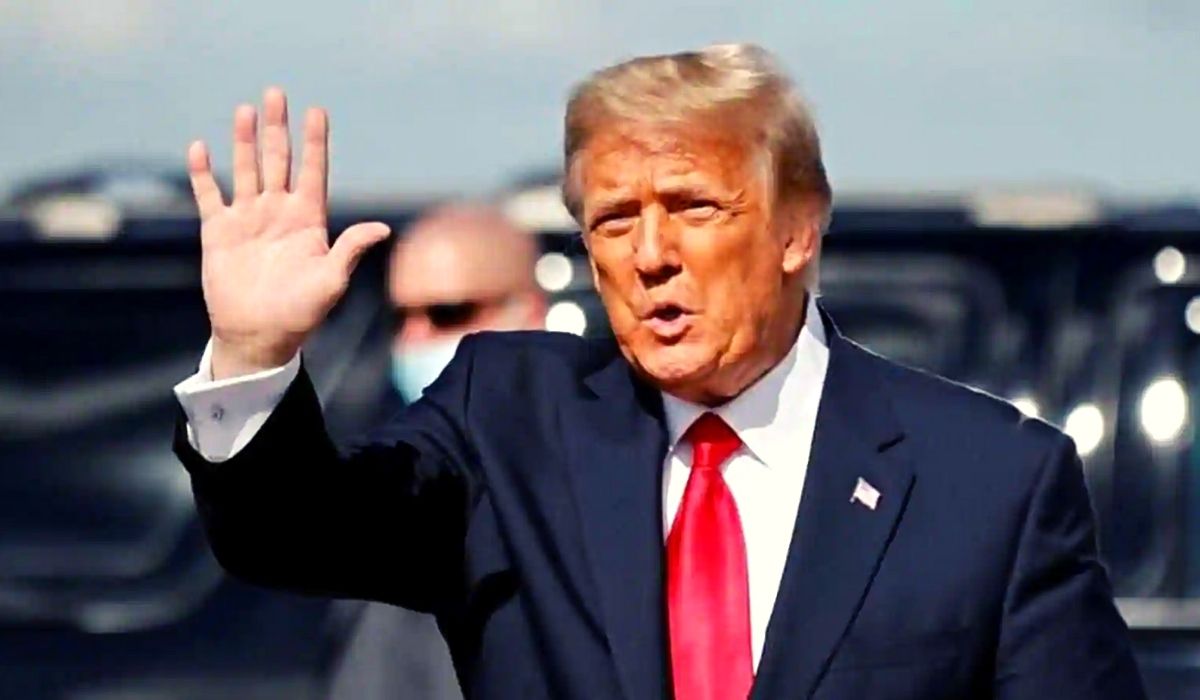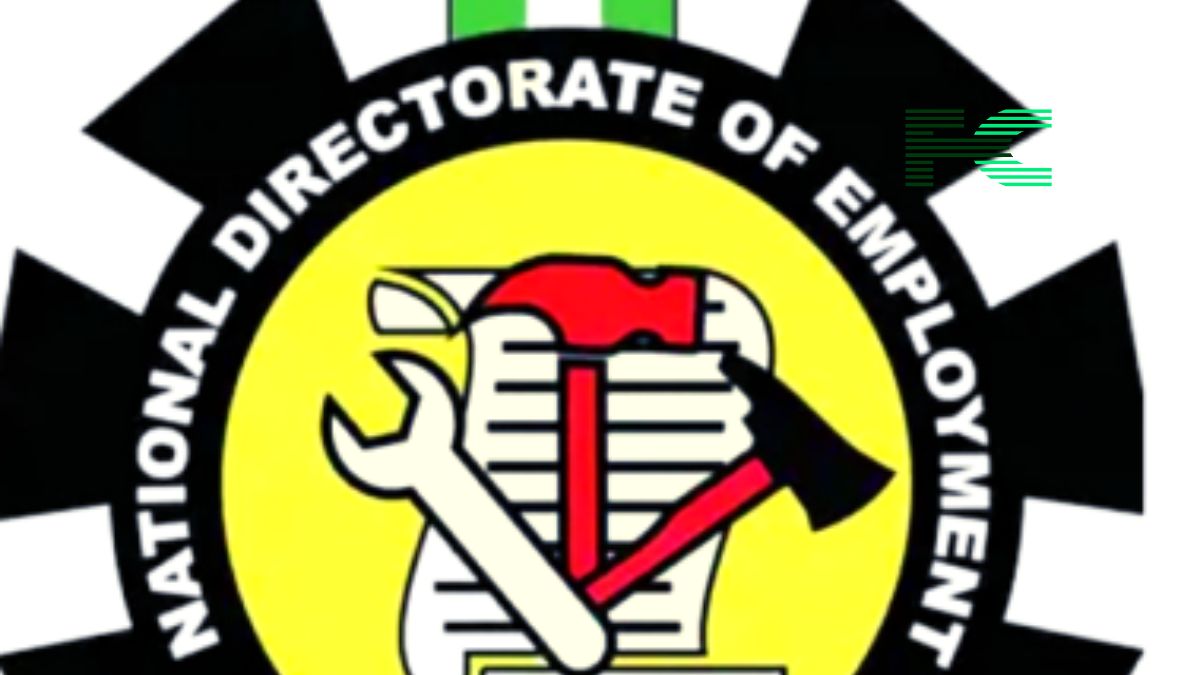In a move that has reshaped Middle East diplomacy, French President Emmanuel Macron announced France will officially recognize Palestine as a state, making it the first G7 country to do so.
The decision, revealed via a late-night X (Twitter) post, immediately triggered fierce backlash from Israel and the US, with Israeli PM Benjamin Netanyahu calling it a “reward for terrorism” and US Secretary of State Marco Rubio labeling it “reckless.” Macron framed the move as part of France’s “historic commitment to peace”, pledging to formalize recognition at the UN General Assembly in September.
Gaza’s Humanitarian Nightmare: The Catalyst for France’s Bold Move
Macron’s announcement comes amid unrelenting violence in Gaza, where Israeli airstrikes and blockades have created what the UN calls a “humanitarian catastrophe.” The French president demanded an “immediate ceasefire”, hostage releases, and unrestricted aid access—criticizing Israel’s restrictions on food and medical shipments despite EU-brokered agreements. He also outlined a roadmap for Palestinian statehood, contingent on Hamas’ demilitarization and Israel’s security guarantees, declaring: “We will win the peace.”

The recognition has unsurprisingly, infuriated Netanyahu who faces domestic legal peril and relies on prolonging military campaigns in Gaza, Lebanon, and beyond to maintain power.
He warned a Palestinian state would “threaten Israel’s existence”—a claim that ignores his government’s recent West Bank annexation vote and expanded settlements. Meanwhile, the US doubled down on its staunch pro-Israel stance, with Rubio calling France’s move a “slap in the face to October 7 victims.”
Macron, Merz, and Starmer Hold Emergency Talks
The fallout has led to an emergency call between Macron, German Chancellor Friedrich Merz, and UK PM Keir Starmer to align the E3 group’s stance on Palestine—and Iran’s nuclear program, with talks resuming in Istanbul. While Starmer affirmed Palestinians’ “inalienable right to statehood”, the UK has stopped short of formal recognition, mirroring Canada’s cautious May 2024 position.
So Who Recognizes Palestine Now?
With France’s decision, 148 of 193 UN members now recognize Palestine, including 11 EU states like Spain, Sweden, and Ireland. Yet no G7 power had crossed that line—until now. The move could pressure other Western nations to follow, though Germany and Italy remain holdouts. Palestinian leaders hailed the step, with PNA Vice President Hussein al-Sheikh calling it pivotal for “independent statehood”, while Mahmoud Abbas promised 2026 elections and Hamas demilitarization—if statehood is achieved.
Why Now? The Hidden Timing Behind Macron’s Announcement
Macron’s declaration is in line with a scheduled UN ministerial meeting on July 28–29, with the aim to revive the dormant “two-state solution” talks after a failed Saudi-France conference in June. Analysts suggest the French leader is seizing a diplomatic opening as global outrage over Gaza’s 21-month war reaches a boiling point—and as Netanyahu’s annexation agenda makes Palestinian sovereignty seem increasingly distant.
















